Petrochemicals Enzymes Aromatics 28-05-2020 - Arhive
Petrochemicals Enzymes Aromatics
Crude Oil Prices Trend

-Impact of India’s anti-dumping investigation on China polyester single yarn market
According to Ministry of Commerce, the Ministry of Commerce and Industry of India announced that it will initiate an anti-dumping investigation on polyester yarn (polyester spun yarn) originating in China, Indonesia, Nepal and Vietnam on May 21, 2020. The products mainly involves the products under Indian customs code 55092100. According to the announcement, stakeholders should submit relevant information to the investigating authority within 30 days from the date of filing.
So what’s the impact of the anti-dumping investigation on China polyester single yarn market?
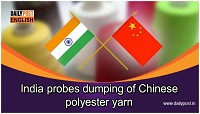
-Europe PET demand outlook unclear as lockdowns ease, market remains in survival mode
The polyethylene terephthalate (PET) industry in Europe had a surprisingly good run on sales during March’s pandemic shopping spree, but there is no getting away from the toll of a depressed economy. Petrochemicals Enzymes Aromatics
Consumer focus was on essentials. And on the shopping list were 1l, 1.5l even 2l PET bottles of water and olive oil, for example.
Plastic-clad fruit and vegetables and other foods encased in packaging won over shoppers because of the hygiene aspect.
April demand was still good, particularly the first half, but the panic has since disappeared.
“For a month and a half, supermarkets were full of fruit in baskets and food on trays. They still are, but not as much,” a buyer said.
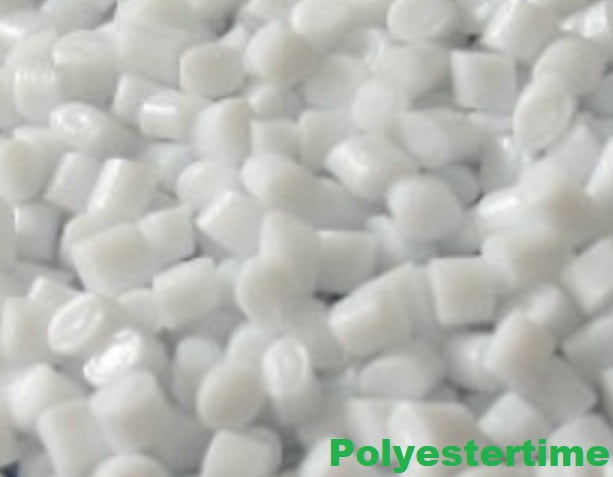
-Direct-spun PSF keeps rangebound in May
After sharp rise and fall in Apr, direct-spun PSF stayed rangebound in May.
In end-Apr to early May, direct-spun PSF price slid to 5,300-5,500yuan/mt, close to Apr’s low. Petrochemicals Enzymes Aromatics
Downstream spinners which had missed previous low went bottom fishing successively, resulting in smooth transactions of direct-spun PSF before and after May Day holiday. Some over-the-counter capacity was even heard to be involved.
Quickly, direct-spun PSF plants revised prices up to about 6,000yuan/mt.
Although the trading volume was small later due to higher prices, the plants kept prices firm with shortage of supply.
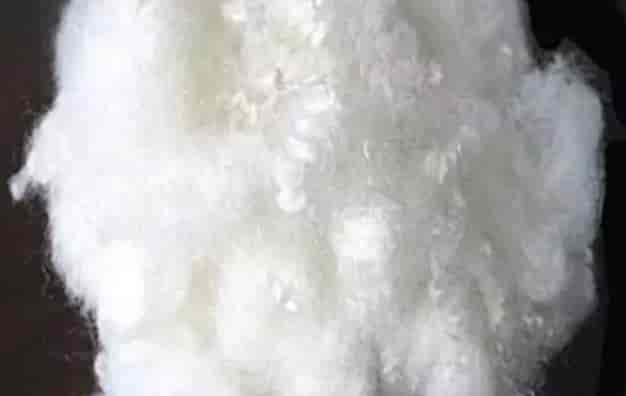
-Lactips raises 13 million euros to drive development
Lactips, the French company specialised in producing a soluble bioplastic with zero environmental trace, has raised 13 million euros in new capital.
This round was led by Bpifrance’s SPI (Société de Projet Industriel) fund, managed on behalf of the French Government as part of the Investments for the Future Program (PIA), and Diamond Edge Ventures (DEV), the innovation investment arm of Mitsubishi Chemical Holdings Corporation (MCHC). Petrochemicals Enzymes Aromatics
Lactips now has the financial resources needed to drive the development of its innovative and responsible biosourced, biodegradable and water-soluble solution, providing an alternative for numerous industrial plastics.With this key round of fundraising, Lactips will accelerate the industrialization of its plastic pellets and films to offer a wider selection of fully biodegradable and recyclable biosourced packaging.

Celanese Corporation, a global chemical and specialty materials company, today announces it has filed a petition with the European Commission’s Directorate-General For Trade seeking Anti-Dumping duties on imports of Ultra-High Molecular Weight Polyethylene (UHMWPE) from Korea Petrochemical Industry Co., Ltd. (KPIC) of Seoul, South Korea, into the European Union. Petrochemicals Enzymes Aromatics
“After successfully filing an anti-dumping case in the U.S., which the U.S. authorities voted unanimously to continue an investigation into, and in order to further ensure Celanese is able to operate in fair and sustainable industry conditions globally, we were compelled to also file an anti-dumping case against KPIC in Europe to address their destructive pricing practices in that region which have caused Celanese’s UHMWPE business to suffer significantly over the last several years since KPIC began selling in the region,” said Tom Kelly, Senior Vice President of the Engineered Materials business of Celanese.
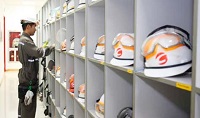
-US Capital-Equipment Orders Fall for Second Consecutive Month
Commerce Department data suggest momentum in capital investment has paused as global trade concerns persist. Petrochemicals Enzymes Aromatics
Orders placed with U.S. factories for business equipment declined in September for a second month, a sign momentum in capital investment has paused as global trade concerns persist, Commerce Department figures showed Thursday.
Highlights of Durable Goods
Non-military capital goods orders excluding aircraft fell 0.1% (est. 0.5% rise) after dropping 0.2% the prior month (revised from 0.9% decline); figure is proxy for business investment. Petrochemicals Enzymes Aromatics
Shipments of those goods, used to calculate gross domestic product, were unchanged (est. 0.4% increase); prior month revised to unchanged from 0.2% drop.
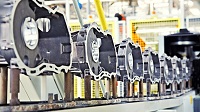
-Idemitsu expects stable petrochemical sales in 2020-21
Japanese refiner and petrochemicals producer Idemitsu expects to maintain sales of its basic petrochemical products in the April 2020-March 2021 fiscal year at the same level as 2019-20. Petrochemicals Enzymes Aromatics
Idemitsu sold a total of 4.1mn t of basic petrochemical products, including ethylene, paraxylene (PX), propylene and styrene monomer (SM), in 2019-20, down by around 5pc from 4.3mn t in 2018-19. The sales volume of each product was not disclosed.
The company has a production capacity of 1mn t/yr for ethylene, 1.3mn t/yr for PX, 817,000 t/yr for propylene and 750,000 t/yr for SM.
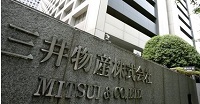
-Will U.S. Shale Survive If Oil Hits $40?
Within a month, the U.S. oil benchmark West Texas Intermediate recorded two first-of-a-kind events. First, it fell below zero on April 20. Then, it soared up so high it is about to book its best month ever, CNBC’s Pippa Stevens noted in a recent commentary. Still, many analysts and other observers remain wary of any premature optimism.
They have a good reason to be. Petrochemicals Enzymes Aromatics
WTI is now trading at close to $35 a barrel. That’s up from less than $13 a barrel a month ago. Marked improvement is one way you could frame this–an incredible rally is another. And yet this rally did not happen on its own. It followed a fast reduction in production and the gradual lifting of lockdowns across the States and elsewhere as many parts of the world concluded that the worst of the coronavirus pandemic is over.

-Marine microplastic pollution is worse than we thought
There are plenty of microplastics in the oceans, yet just how much of the stuff is out there may come as a shock. Brace yourself: the amount is many times more than previously thought.
So says a team of scientists in the United Kingdom who used nets with a mesh size of 100 micrometers (0.1mm), the width of a human hair, to see how many tiny plastic particles ended up in those nets. The researchers sampled water taken at two locations on both sides of the Atlantic: the English Channel in Europe and off the coast of Maine in North America. Petrochemicals Enzymes Aromatics
For many previous measurements, nets with a mesh size of 333 micrometers were used, but those failed to nab finer particles of plastic debris floating in the seas, explain the researchers who published their findings in a study. Using the finer 100μm mesh nets, however, the scientists found that the concentration of microplastics were between 2.5 and 10 times greater than when nets with 333μm and 500μm meshes were employed.
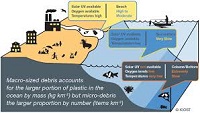
-Chemical recycling proves faster, more efficient way of recovering plant-based bioplastics
UK researchers speed up the process and produce biodegradable solvent
A faster, more efficient way of recycling plant-based “bioplastics” has been developed by a team of scientists at the Universities of Birmingham and Bath in the UK.
The team has shown how their chemical recycling method not only speeds up the process, it converts bioplastic material into a new product – a biodegradable solvent – which can be sold for use in a wide variety of industries including cosmetics and pharmaceuticals.
According to the researchers, bioplastics, made from polylactic acid (PLA), are becoming increasingly common in products such as disposable cups, packaging materials and even children’s toys. Petrochemicals Enzymes Aromatics
Typically, once they reach the end of their useful life, they are disposed of in landfill or composted, biodegrading over periods of up to several months.

Petrochemicals Enzymes Aromatics
